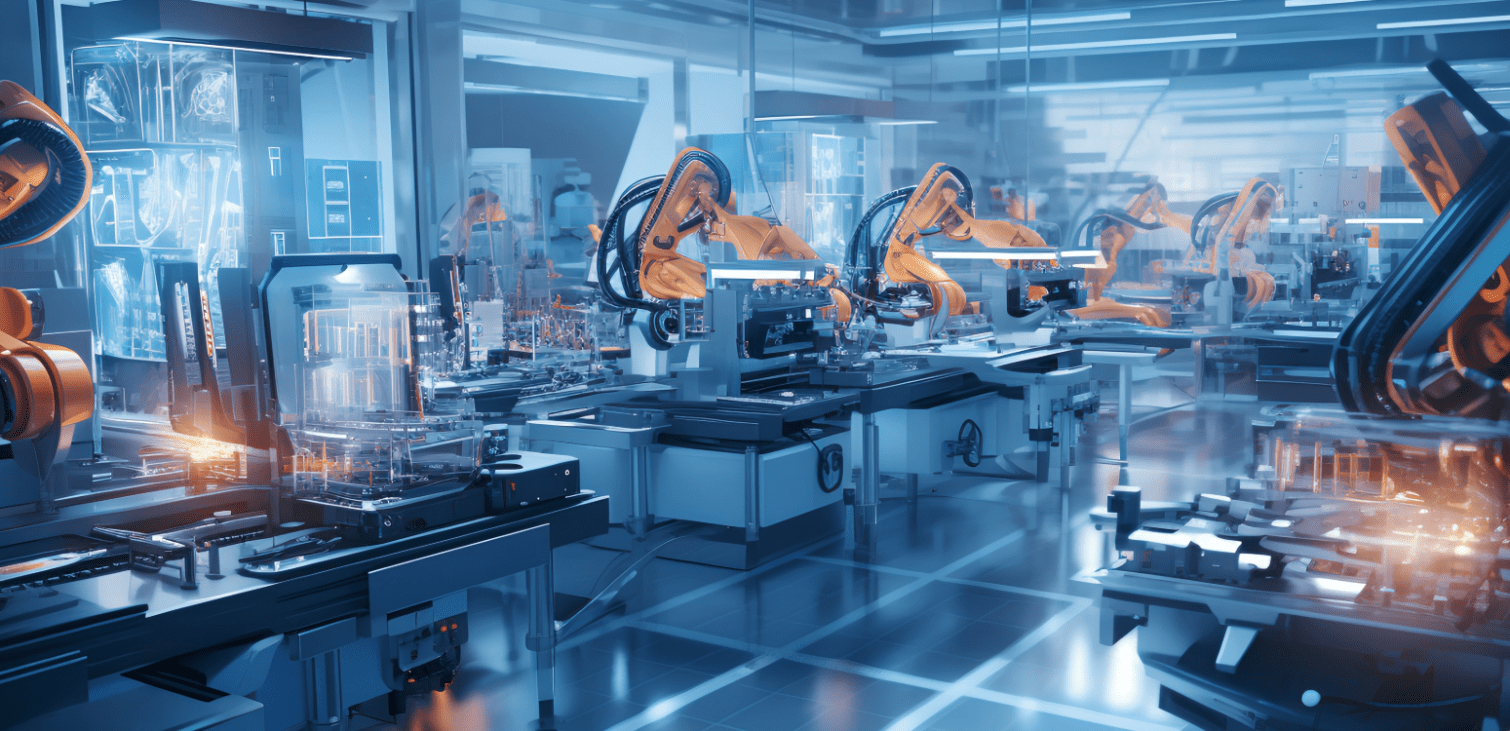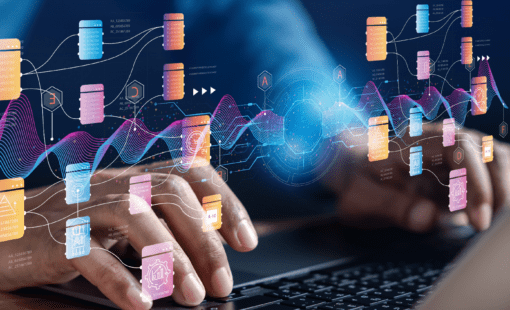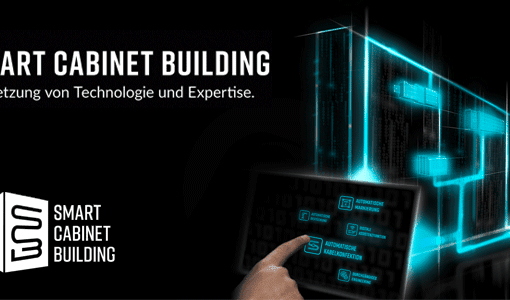First presented in 2011, the vision of Industry 4.0 and Digital Transformation met worldwide attention – but also raised many questions. Today, after more than 10 years, the vision still needs make progress to become reality. However, important progress is under way, not only in the area of technical developments but also in addressing legal and social issues.
When Hennig Kagermann, former SAP Executive Board member and at the time Chairman of the German Academy of Science and Engineering Acatech, and his colleagues, the physicist Wolf-Dieter Lukas and the computer science professor Wolfang Wahlster, published a memorandum with the title “Industry 4.0: With the Internet of Things on the Way to the 4th Industrial Revolution” in April 2011, a vision of end-to-end digitalization and networking of production processes was initiated, which has been keeping experts busy for more than 10 years now.
Through the “digital enhancement of production facilities and industrial products” with integrated memory and communication capabilities, wireless sensors, actuators and software systems, a bridge between the virtual (“cyber space”) and physical world and an interaction between the digital model and physical reality (i.e. a cyber-physical system) could be created , according to the authors’ vision. This would eventually enable the product and its components to determine how they need to be processed in the individual production steps, rather than a centralized control system.
According to the authors, this approach would ultimately trigger a paradigm shift, the effects of which would be tantamount to a 4th industrial revolution. According to various sources, German Chancellor Angela Merkel is said to have used the term Industry 4.0 a few days later in her opening speech at the Hannover Messe 2011 – probably spontaneously, as it is not mentioned in the published transcript of the speech.
Exploring Industry 4.0: Key Research and Developments
The memorandum from 2011 paved the way for a research project funded by the Federal Republic of Germany, whose findings were presented to the Federal Chancellor two years later, in 2013, again at the Hanover Trade Fair, under the title “Implementation recommendations for the future project Industry 4.0”.
To achieve the desired networking of machines, storage systems and equipment, the following objectives would have to be realized:
- A horizontal integration via collaboration networks
- The continuity of digital engineering across the entire value chain
- A vertical integration and networked production systems
However, anyone expecting concrete recipes from the “Implementation recommendations for the future project Industry 4.0” was disappointed. On the contrary: “The path to Industry 4.0 requires enormous efforts in research and development,” is stated in the preface. There is a considerable need for research not only on the horizontal and vertical integration of production systems and the consistency of engineering, but also on “new social and work infrastructures would have to be considered on the road to implementation of Industry 4.0”.
Accordingly, the recommendations announced in the title of the report merely specify a total of 8 fields of action, about half of which deal with technological aspects (reference architecture, management of large systems, broadband infrastructure, security aspects) and the other half with organizational and legal aspects such as questions of work organization and the provision of a legal framework.
It is worth while noting that the report specifically points out that the recommendation explicitly points out the fact that the realization of Industry 4.0 is a long-term project: “The necessary paradigm shift towards Industry 4.0 is a long-term endeavor and will only be possible in a gradual process. Maintaining the value of already installed production systems is of central importance “.
How it Became a Global Phenomenon
Nevertheless, the term “Industry 4.0” has become an established brand worldwide, as the initiators Profs. Kagermann and Wahlster wrote in an article titled “10 years of Industry 4.0” in the Frankfurter Allgemeine Zeitung on 29 March 2021: “The term “Industry 4.0” has spread virally and is now associated with Germany all over the world like “kindergarten” and ” autobahn”. Industry 4.0 has gained attention and recognition in business, science and politics around the globe.
In fact, the vision of Industry 4.0 has set a trend and provided the impetus for similar initiatives around the world. France, for example, launched a national program called “Industrie du Futur 5” in 2015, and Italy launched a national program called “Industria 4.0” in 2016, which was endowed with lavish tax reductions. In Japan, the counterpart to Industry 4.0 is called “Connected Industries”, proclaimed in 2017 as part of a comprehensive initiative on the topic of “Society 5.0”.
Industry 4.0 Ten Years Later – Progress, Challenges, and Outlook
In the previously mentioned article in the Frankfurter Allgemeine Zeitung on the 10th anniversary of Industry 4.0, the initiators Prof Kagermann and Prof Wahlster summarize: “Today, Industry 4.0 is high on the agenda of the German government – in the past ten years, more than 1,000 project consortia, 10,000 conferences and 100,000 publications have been dedicated to the technical and scientific implementation of the idea.”
But how much of the theory has already been put into practice? Numerous surveys and reports have dealt with that question, typically stating that progress has been made, but mainly in specific aspects within pilot projects.
The general state of affairs seems therefore quite appropriately summarized on the website of the Academy of Engineering Sciences acatech: “Industry 4.0 is now widely established in a business context and is seen as a key to securing future competitiveness.” But when it comes to practical implementation, there is still a considerable need for action: “Although many German suppliers have taken the lead over their international competitors, not even ten per cent of the industrial production has been converted to Industry 4.0.”.
So Where is the Revolution? Has it Already Taken Place?
Even if progress turned out to be slower than many expected, it would be a mistake to dismiss Industry 4.0 as a paper tiger. Neither the mechanization of production in the 18th century (“first industrial revolution”) nor the introduction of mass production based on the division of labour in the 20th century (“second industrial revolution”) took place overnight. Instead, they only became manifest in retrospect as the result of an evolutionary process that revolutionized existing conditions.
In the same way, the so-called 3rd industrial “revolution” as a result of the utilization of electronics and IT should not be regarded as a radical upheaval, but rather as an evolution that took place over several decades and enabled German industry to successfully assert itself in global competition.
Whether the convergence of the virtual and physical world as described by Industry 4.0 should be seen as an “independent” evolutionary stage or as a logical continuation of production automation through electronics and IT may remain an open question. The buzzword “4th Industrial Revolution” has certainly helped to make it catchy.
How Can We Benefit From the Digital Transformation?
Even though the realization of the vision of Industry 4.0 has turned out to be more complex than initially assumed, Zuken has been actively working with customers and users to implement important aspects of the envisioned transformation: recommendations in many areas:
- The realization of a digital continuity in engineering across the value chain
- Utilization of artificial intelligence for the further development of design automation
- Managing complex systems through the application of model-based systems engineering (MBSE)
Sources (In German):
- Industrie 4.0: Mit dem Internet der Dinge auf dem Weg zur 4. industriellen Revolution
- Niederschrift Eröffnungsrede der Bundeskanzlerin zur Hannover Messe 2011
- Umsetzungsempfehlungen für das Zukunftsprojekt Industrie 4.0
- 10 Jahre Industrie 4.0”, Frankfurter Allgemeinen Zeitung vom 29.03.2021
- Industrie du Futur
- Industria 4.0
- Connected Industries
- Industrie 4.0 feiert 10-jähriges Jubiläum – die erste Halbzeit ist geschafft)
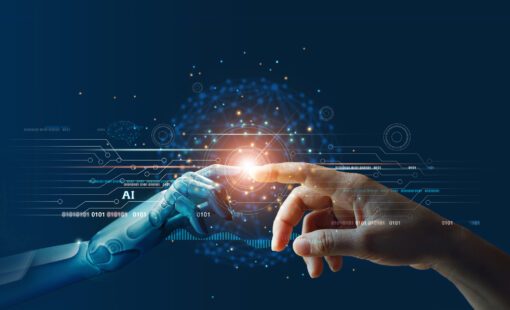
- Products

- Products
GENESYS is an integrated model-based systems engineering software toolset that covers all four domains of systems engineering — requirements, behaviour, architecture, and verification and validation.
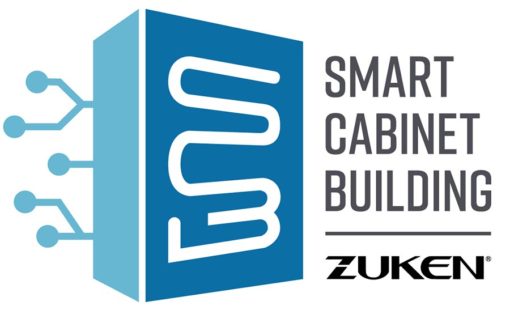
- Solutions
Weidmüller, Komax, Zuken, nVent Hoffman / Steinhauer and Armbruster Engineering launch the SMART CABINET BUILDING initiative
